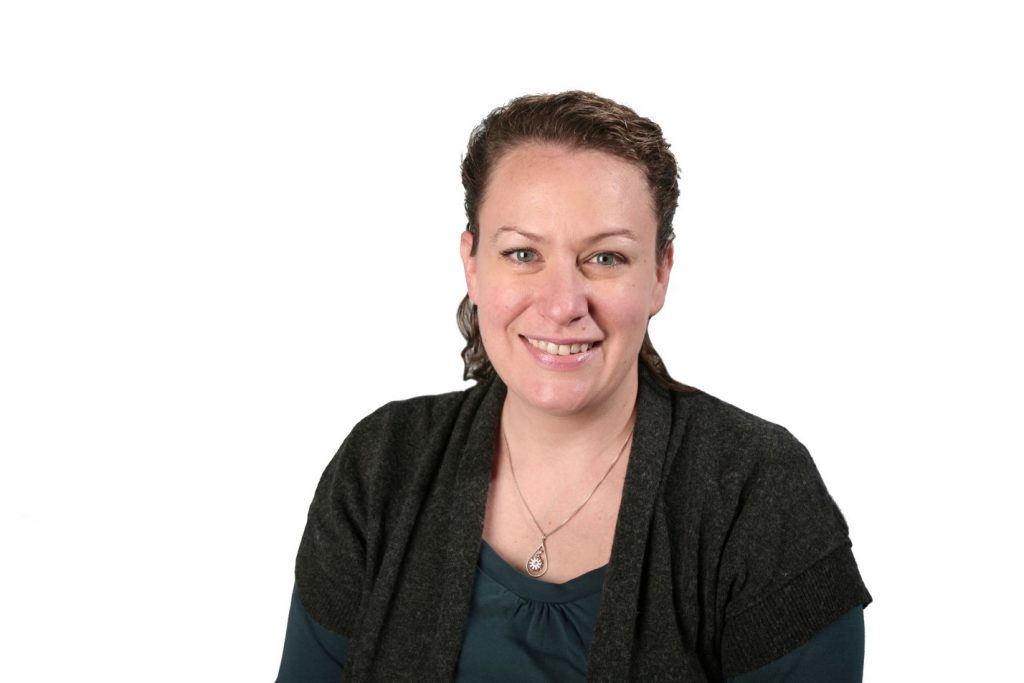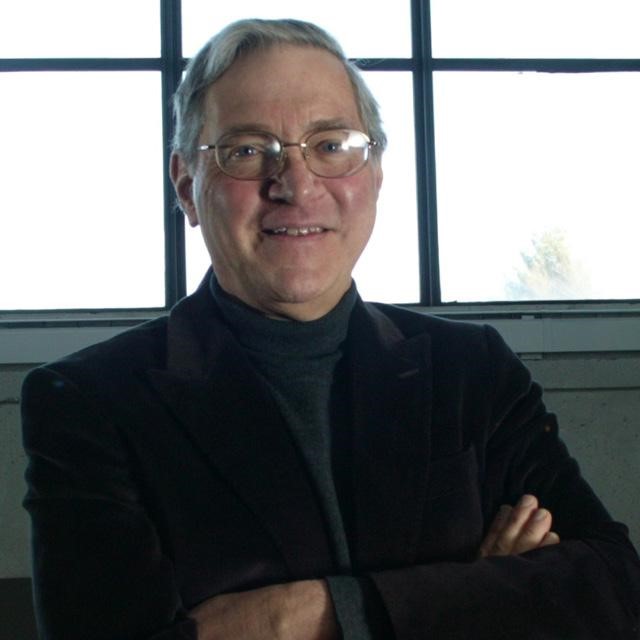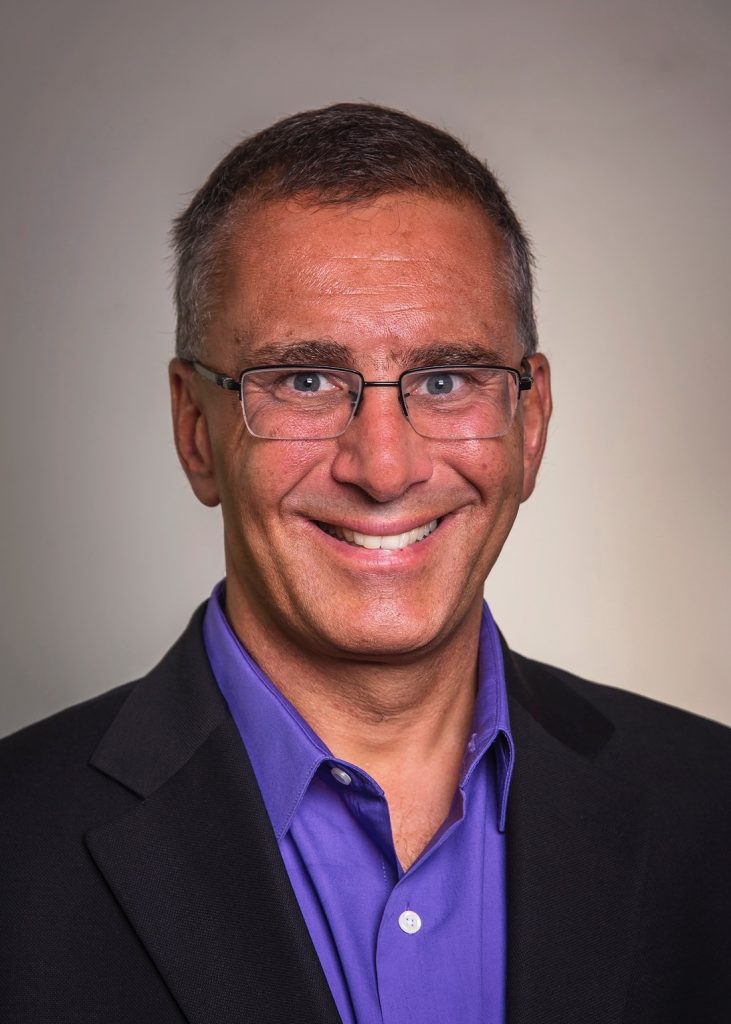Series Theme 2019-2020:
Election Issues: Fact-checking in the Age of Fake News
The Sidore Lecture Series for the 2019-2020 school year brings together individuals who can speak to some of the top issues facing voters ahead of the November 2020 elections. Will the United States join other developed countries in guaranteeing affordable healthcare to all, especially in light of skyrocketing drug costs and an opioid addiction crisis? Can the country come together on the complex issue of immigration and border security? Is “socialism” a credible threat to American democracy – when Social Security and Medicare are arguably our most popular government programs? Are tensions resurfacing that could result in multinational military conflict or a new arms race? Are we experiencing a resurgence of racism and anti-Semitism? Are social media an example of democracy in action (given the example of pro-democratic forces abroad using Twitter to organize against dictators) – or a threat to democracy (given the way it is being used by Russia and others to spread fake news and influence opinion and elections)? This lecture series will bring in experts to provide greater clarity for voters on important issues such as these ahead of the next election.
All Sidore lectures are at the Silver Center for the Arts, in Smith Recital Hall. Lectures are free and open to the public, but reservations are recommended. For reservations or to arrange special accommodations, call (603) 535-ARTS.
Tuesday, March 3, 2020, 7 p.m.
Arrested Mobility: Migration and Militarization in a Post-Truth United States
In this lecture, Dr. Gomberg-Muñoz considers evidence for contemporary migration patterns in the United States, including who is migrating now and why; the role of U.S. foreign and economic policies in compelling migration; and the desires and behaviors of migrants after their U.S. arrival. She uses this examination to address deeper and more complex questions about the U.S. immigration system and the ideologies that undergird it: does border security make people safer? Do nation-states have a mandate to control the movement of people over national boundaries? Are immigration categories such as “citizen” and “alien” more valid or sound than racial classifications, and how do we know? In the end, her goal is to invite audience members to consider how normative assumptions about immigration and immigrant policing naturalize statist political organization and uphold long-standing inequalities.

Ruth Gomberg-Muñoz, Ph.D.
Dr. Ruth Gomberg-Muñoz is an Associate Professor of Anthropology at Loyola University Chicago. Her ethnographic work with undocumented people and their family members examines how members of mixed-status families navigate law and society in the United States and Mexico. Her most recent NSF-funded project is a collaboration with deportee rights activists in Mexico City and anti-deportation organizers in Chicago. She is the author of two books, Labor and Legality: An Ethnography of a Mexican Immigrant Network (2011) and Becoming Legal: Immigration Law and Mixed Status Families (2016), as well as numerous scholarly articles and other writings.
TBA
War at Warp Speed: Emerging Technologies, Great-Power Tensions, and the Risks of Nuclear Escalation
The emergence of new technologies – A.I., cyber, robotics, and so on – will dramatically alter the future conduct of warfare, speeding up the pace of combat and increasing the risks of rapid escalation from minor incident to full-blown combat. At the same time, growing tensions between China, Russia, and the United States are increasing the potential for crises and conflicts to erupt. This talk will examine both the risks of escalation and what can be done to reduce the potential for World War III.

Michael Klare
Michael Klare is the Professor of Peace & World Security Studies Emeritus at Hampshire College and a Senior Visiting Fellow at the Arms Control Association in Washington, D.C. From 1985 to 2018, he was the Five College Professor of Peace & World Security Studies, a joint appointment at Amherst, Hampshire, Mount Holyoke, and Smith Colleges and the University of Massachusetts, Amherst. Klare is the author or editor of 15 books, including, most recently, The Race for What’s Left: The Global Scramble for the World’s Last Resources (Metropolitan Books, 2012) and All Hell Breaking Loose: Climate Change, Global Chaos, and American National Security (Metropolitan Books, 2019). He has also contributed to numerous journals, including Foreign Affairs, The Nation, Newsweek, Scientific American, and Technology Review.
Tuesday, September 22 at 7 p.m.
Health Care and Economic Growth Policies for the Next Administration
Dr. Gruber’s talk will focus on current health care reform debates and where the United States should head next, as well as focusing on the broader program for the U.S. growth laid out in his most recent book, Jump-Starting America.

Jonathan Gruber, Ph.D.
Dr. Jonathan Gruber is the Ford Professor of Economics at the M.I.T., where he has taught since 1992. He is also the Director of the Health Care Program at the National Bureau of Economic Research, and the former President of the American Society of Health Economists. He is a member of the Institute of Medicine, the American Academy of Arts and Sciences, the National Academy of Social Insurance, and the Econometric Society. He has published more than 175 research articles, has edited six research volumes, and is the author of Public Finance and Public Policy, a leading undergraduate text, Health Care Reform, a graphic novel, and Jump-Starting America. In 2006 he received the American Society of Health Economists Inaugural Medal for the best health economist in the nation aged 40 and under. During the 1997-1998 academic year, Dr. Gruber was on leave as Deputy Assistant Secretary for Economic Policy at the Treasury Department. From 2003-2006 he was a key architect of Massachusetts’ ambitious health reform effort, and in 2006 became an inaugural member of the Health Connector Board, the main implementing body for that effort. During 2009-2010 he served as a technical consultant to the Obama Administration and worked with both the Administration and Congress to help craft the Patient Protection and Affordable Care Act. In 2011 he was named “One of the Top 25 Most Innovative and Practical Thinkers of Our Time” by Slate Magazine. In both 2006 and 2012 he was rated as one of the top 100 most powerful people in health care in the United States by Modern Healthcare Magazine.
